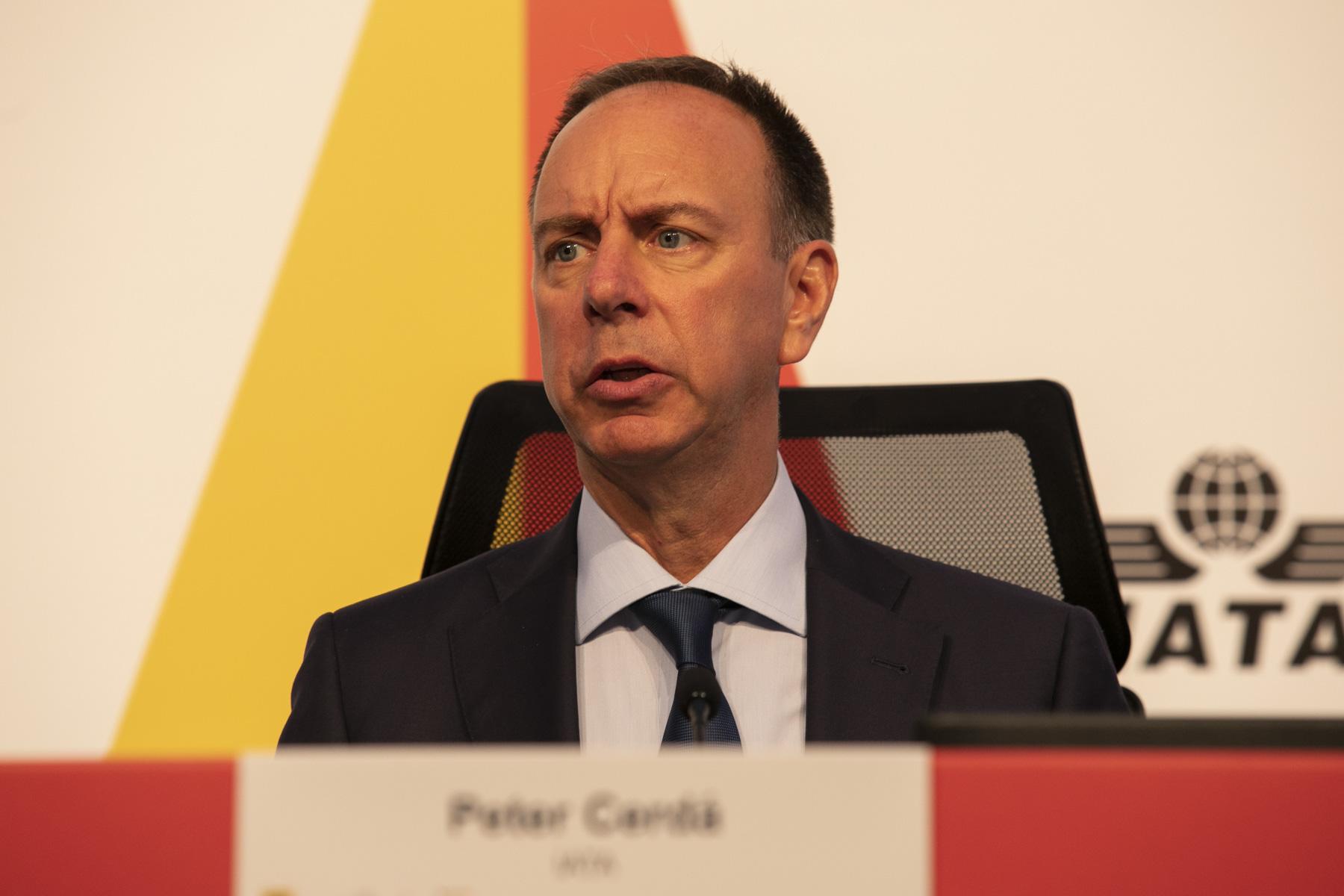
IATA regional VP, the Americas, Peter Cerda.
ISTANBUL—IATA has urged governments in Latin America to put incentives in place that would allow the region to emerge as one of the largest sustainable aviation fuel (SAF) producers worldwide.
Peter Cerda, IATA’s regional VP for the Americas, said leaders must implement the right policy framework that would allow private companies to establish the infrastructure necessary for SAF production, rather than imposing so-called green taxes on airlines.
“The countries that have made the most progress in the Americas so far are the U.S. and Canada, but when we look southward, the news is much bleaker,” Cerda said. “There is not one single SAF production site in operation at present.”
He emphasized that Latin America possesses the necessary raw materials for SAF production and investing in the industry would not only contribute to environmental goals but also generate employment and foster economic growth.
“We need to really change the mindset of governments in terms of what environmental responsibility is,” Cerda said. “For many of our governments in our region, it’s all about green taxation—it is much easier to tax the industry and using sustainability and the environment as excuse.”
According to IATA estimates, Latin America and the Caribbean have the potential to produce between 130 billion and 200 billion liters (34 billion and 53 billion gal.) of SAF annually. However, Cerda said that airlines arriving in Latin America using SAF have to rely on conventional fuel when departing.
“What we need is for governments to understand the importance of implementing the right regulatory regimes that will incentivize the private sector to invest in SAF infrastructure and development,” he added. “And we are currently a very long way from being able to achieve that goal.”
